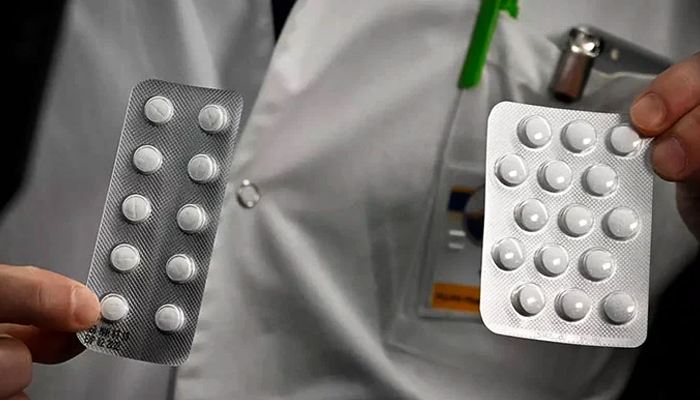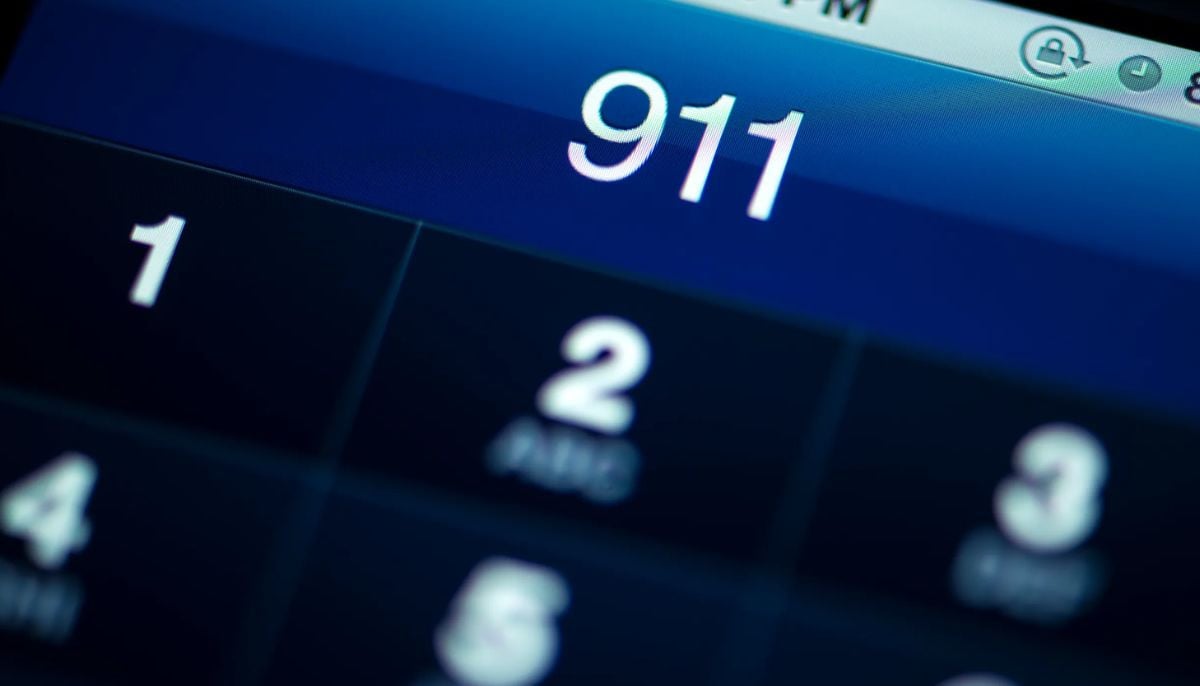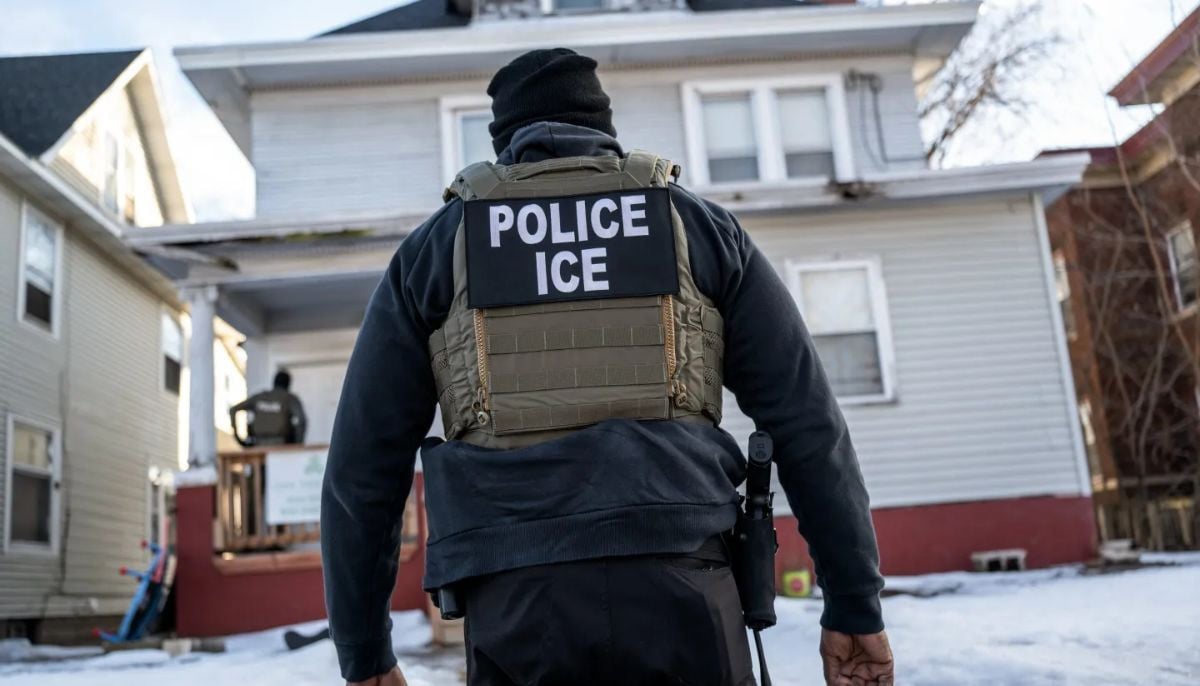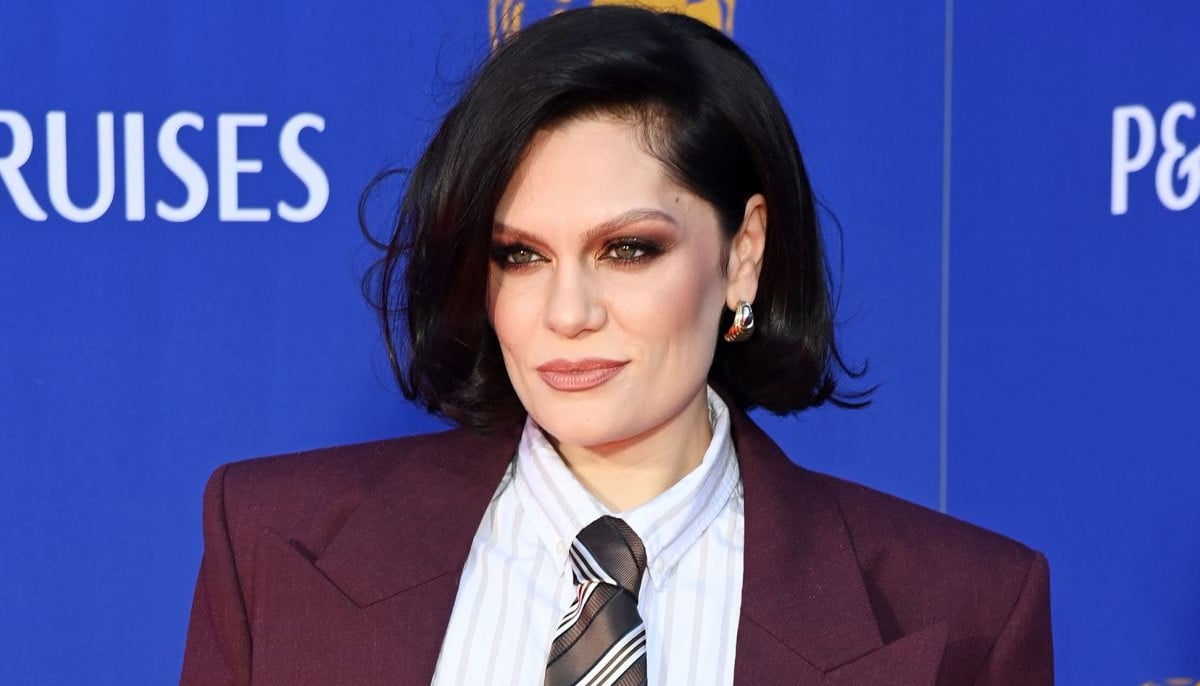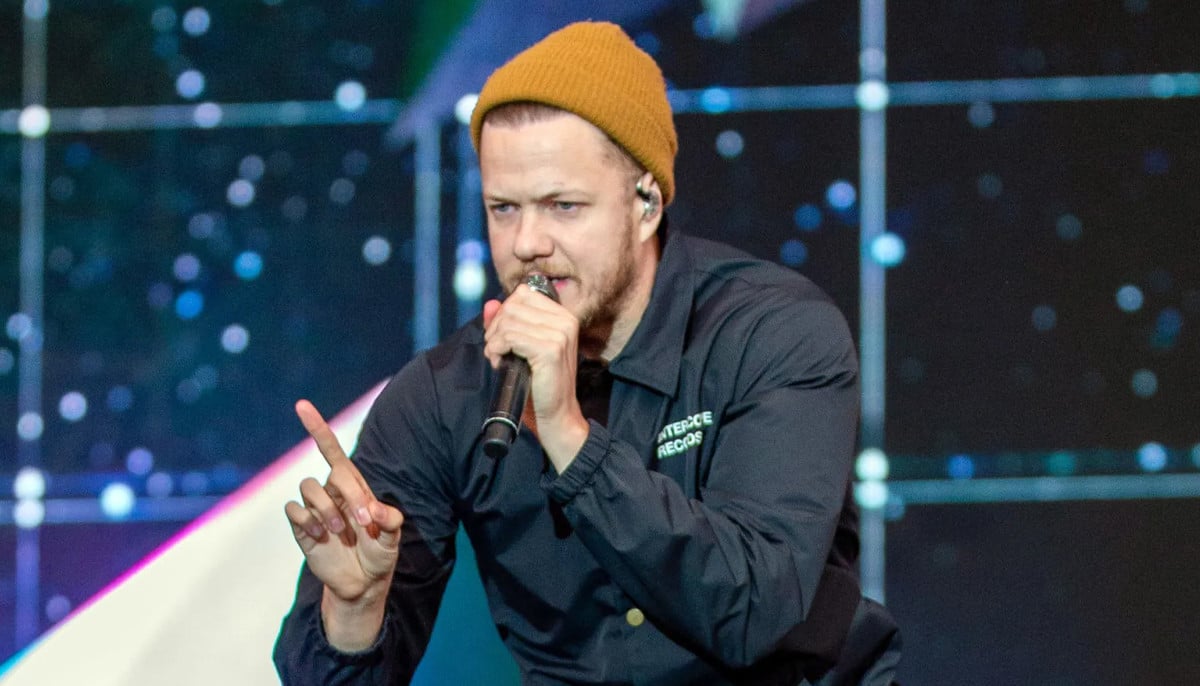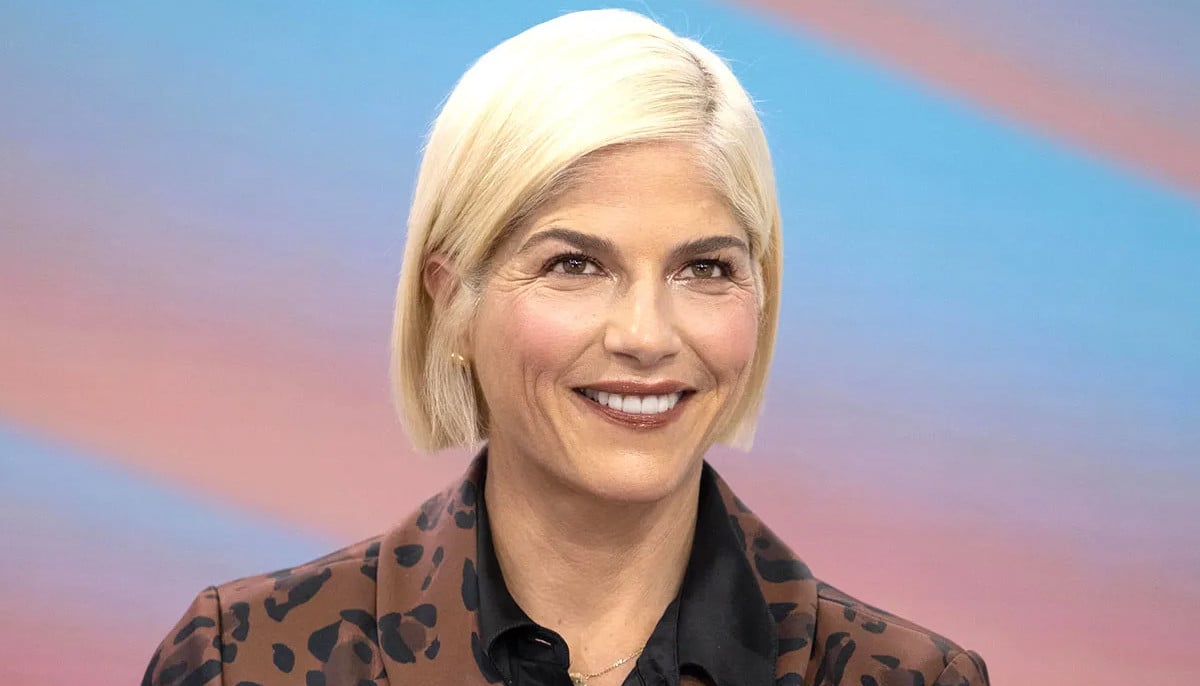US institution approves 20-member Pakistani team for coronavirus cure
America's National Library of Medicine has approved a team from Abbottabad's Ayub Medical College to derive a cure for coronavirus
The CEO of Abbottabad's Ayub Medical College Dr Umer Farooq on Wednesday said that America's National Library of Medicine (NLM) had included Pakistan in the countries to derive a cure for the coronavirus pandemic.
Speaking to Geo News , Dr Farooq said: "The US institution has approved a 20-member team form the medical facility to work on deriving the cure."
"They [NLM] praised Pakistani experts and based on our credentials we were allowed to start testing for the cure," he said, adding: "Three groups of 25 people each will be made initially for the trials."
"The first group will be given two medicines, azithromycin and chloroquine," he said, adding that the second batch would be given chloroquine only.
"The third group will be treated with traditional medicines," he noted.
People will be selected on the basis of their age and the severity of their diseases, he said. "The ones suffering from heart and major diseases will not be selected for the trail."
"After US' Food and Drug Administration (FDA) gives it the green signal, a cure for coronavirus would be available for the world population," he added.
Last month, FDA authorised two antimalarial drugs touted as game-changers by President Donald Trump.
In a statement, the US Department of Health and Human Services had detailed recent donations of medicine to a national stockpile – including chloroquine and hydroxychloroquine, both being investigated as potential COVID-19 treatments.
It said the FDA had allowed them "to be distributed and prescribed by doctors to hospitalised teen and adult patients with COVID-19, as appropriate, when a clinical trial is not available or feasible."
Trump said last week that the two drugs could be a "gift from God," despite scientists warning against the dangers of overhyping unproven treatments.
Many researchers including Anthony Fauci, the United States' leading infectious disease expert, have urged the public to remain cautious until larger clinical trials validate smaller studies.
Two US medical bodies – the NIH and the Biomedical Advanced Research and Development Authority – are currently working to plan such trials.
Some in the scientific community fear Trump's endorsement of the medicines could create shortages for patients who need them to treat lupus and rheumatoid arthritis, diseases for which they are approved.
-
Everything we know about Jessie J's breast cancer journey
-
Winnie Harlow breaks vitiligo stereotypes: 'I'm not a sufferer'
-
Search for Savannah Guthrie’s abducted mom enters unthinkable phase
-
Imagine Dragons star, Dan Reynolds recalls 'frustrating' diagnosis
-
Barack Obama addresses UFO mystery: Aliens are ‘real’ but debunks Area 51 conspiracy theories
-
Selma Blair explains why Multiple Sclerosis 'isn't so scary'
-
Rosie O’Donnell secretly returned to US to test safety
-
'Harry Potter' star Rupert Grint shares where he stands politically
